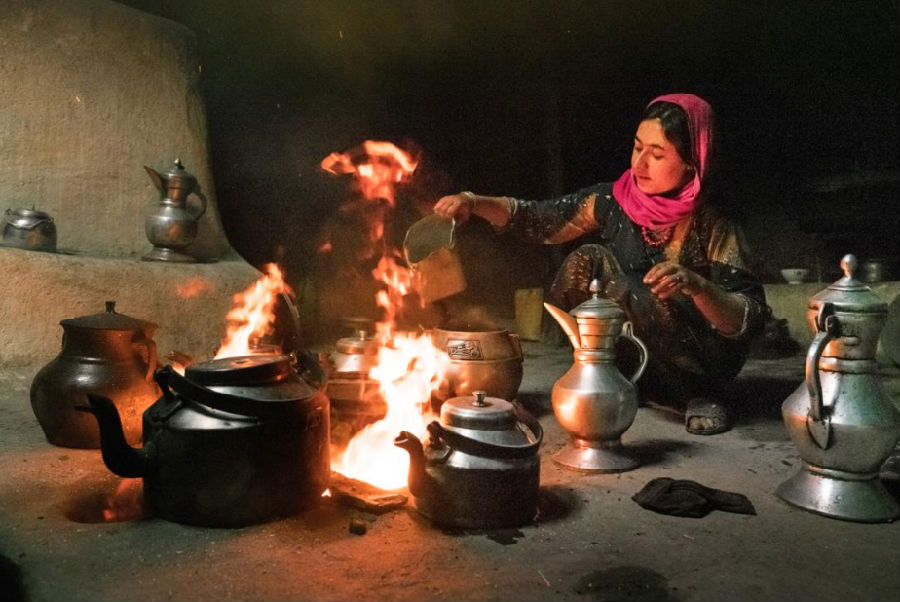Irshad Pass rises 16,335 feet above sea level. We finally reached it at sunset. Paley ventured a feeble victory dance. I gulped air so thin and metallic it cut my lungs like razor blades. Gales had scoured the summit to raw bedrock. Without shelter or firewood, it was a hazardous place to camp. But we had little choice. A bitter dark was rising fast from the deep valleys. We unpacked our donkeys with difficulty -- the ropes were stiff as rebar -- and pounded our tent stakes into iron-cold earth. My frozen pants never thawed, not even inside my sleeping bag. I staggered out into the howling night only once, to wrap the donkeys in fluttering tarps. The animals' black eyes shone back accusingly in the white bore of my headlamp. I couldn't look at them.

Plainclothes Pakistani security forces confronted us the next night while we camped at the eastern end of the Hindu Kush. We had notified the government of our plan to enter Pakistan via Irshad. We carried valid visas issued in advance. But the officers, armed with AK-47s, insisted we had trespassed into a restricted zone. They drove us to the frontier town of Gilgit. In detention there, I overheard Paley, curled on his cot, parroting in his emphatic Norman accent the lines from a film playing on his hidden mobile phone: "An eye for an eye only ends up making zee whole world blind."












